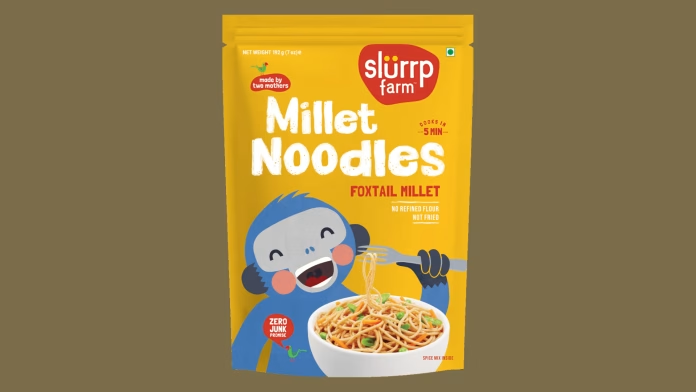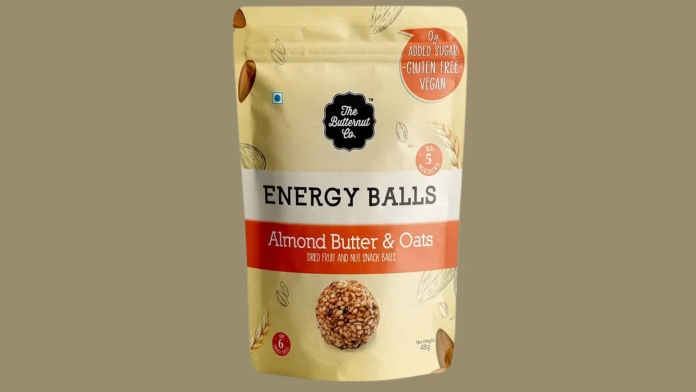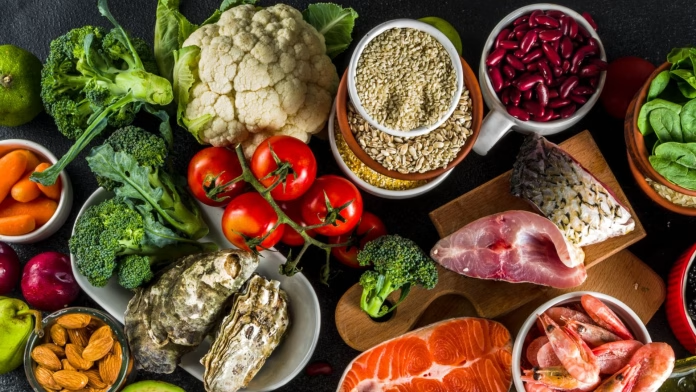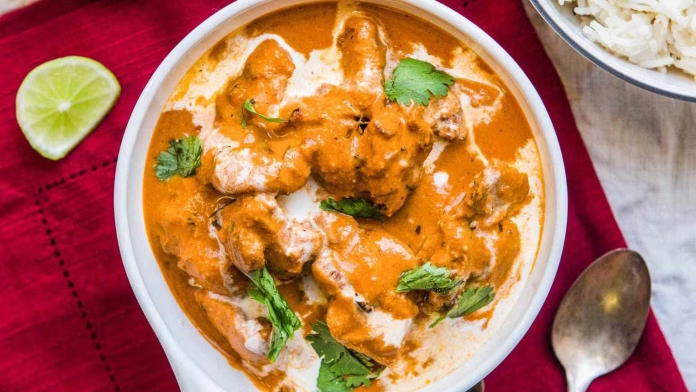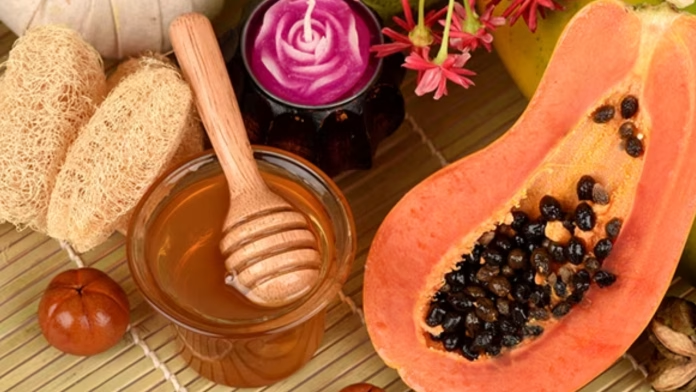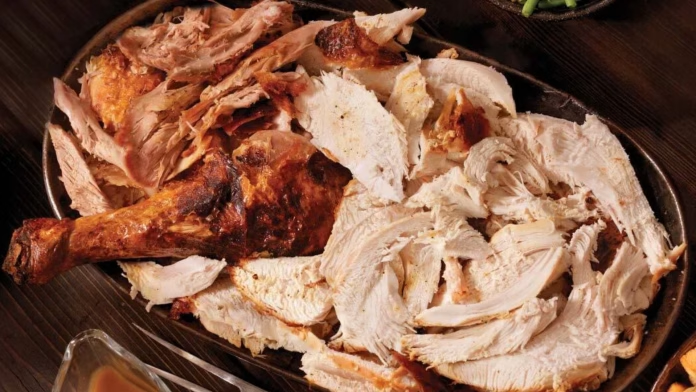In recent years, there has been a growing awareness of the importance of healthy eating habits. Many people are looking for ways to incorporate more nutritious and wholesome foods into their diets, and this has led to the rise of a variety of healthy foods, including whole-grain products, organic produce, and plant-based alternatives.
Noodles are a favorite food for people of all ages, but they are often made with refined flour and lack essential nutrients. This is where Slurrp Farm Millet Noodles come in.
What are Slurrp Farm Millet Noodles?
Slurrp Farm Millet Noodles are a type of instant noodles that are made from a blend of millet, rice, and a variety of healthy ingredients. These noodles are designed to be a healthier alternative to traditional instant noodles, which are often high in sodium, preservatives, and unhealthy fats.
Slurrp Farm Millet Noodles are made from 100% natural ingredients and are free from preservatives, artificial flavors, and colors. They are also high in fiber and protein, making them a more nutritious choice compared to many other instant noodle brands.
Slurrp Farm Millet Noodles come in a variety of flavors, including classic masala, tomato and cheese, and spinach and beetroot. They are easy to prepare and can be cooked in just a few minutes, making them an excellent option for busy individuals and families.
Nutritional Benefits of Slurrp Farm Millet Noodles:
One of the key benefits of Slurrp Farm Millet Noodles is that they are made from whole-grain millet and rice, which are both excellent sources of fiber, protein, and other important nutrients. Millet is also gluten-free, making it a great option for people with celiac disease or gluten intolerance.
Slurrp Farm Millet Noodles are also low in sodium, with only 255 mg of sodium per serving. This is significantly lower compared to many other instant noodle brands, which can contain up to 1,000 mg of sodium per serving.
Slurrp Farm Millet Noodles are also free from preservatives, artificial flavors, and colors, making them a healthier option compared to many other instant noodle brands.
How to Prepare Slurrp Farm Millet Noodles:
Slurrp Farm Millet Noodles are easy to prepare and can be cooked in just a few minutes. Here’s how to prepare them:
- Bring a pot of water to a boil.
- Add the Slurrp Farm Millet Noodles to the boiling water and cook for 2-3 minutes, stirring occasionally.
- Drain the noodles and rinse them with cold water.
- Add the Slurrp Farm Masala Tadka spice mix to the noodles and mix well.
- Serve and enjoy!
Slurrp Farm Millet Noodles Recipe Ideas:
Slurrp Farm Millet Noodles are a versatile ingredient that can be used in a variety of recipes. Here are some ideas for how to incorporate them into your meals:
- Noodle Soup: Use Slurrp Farm Millet Noodles to make a healthy and hearty noodle soup. Add vegetables, such as carrots, celery, and mushrooms, and a protein, such as tofu or chicken, to make it more filling.
- Stir Fry: Use Slurrp Farm Millet Noodles in a stir fry with your favorite vegetables and proteins, such as shrimp or beef. Add a sauce made from soy sauce, sesame oil, and honey for added flavor.
- Noodle Salad: Use Slurrp Farm Millet Noodles as a base for a nutritious and delicious salad. Add in your favorite vegetables, such as cucumbers, bell peppers, and cherry tomatoes, and a protein, such as boiled eggs or grilled chicken. Top with a dressing made from olive oil, vinegar, and honey for added flavor.
Slurrp Farm Millet Noodles are a great option for those looking to incorporate more whole-grain and nutritious foods into their diets. They are easy to prepare, versatile, and come in a variety of delicious flavors. Plus, they are free from preservatives, artificial flavors, and colors, making them a healthier alternative to many other instant noodle brands. Give them a try and see how they can help make mealtime both fun and healthy!

